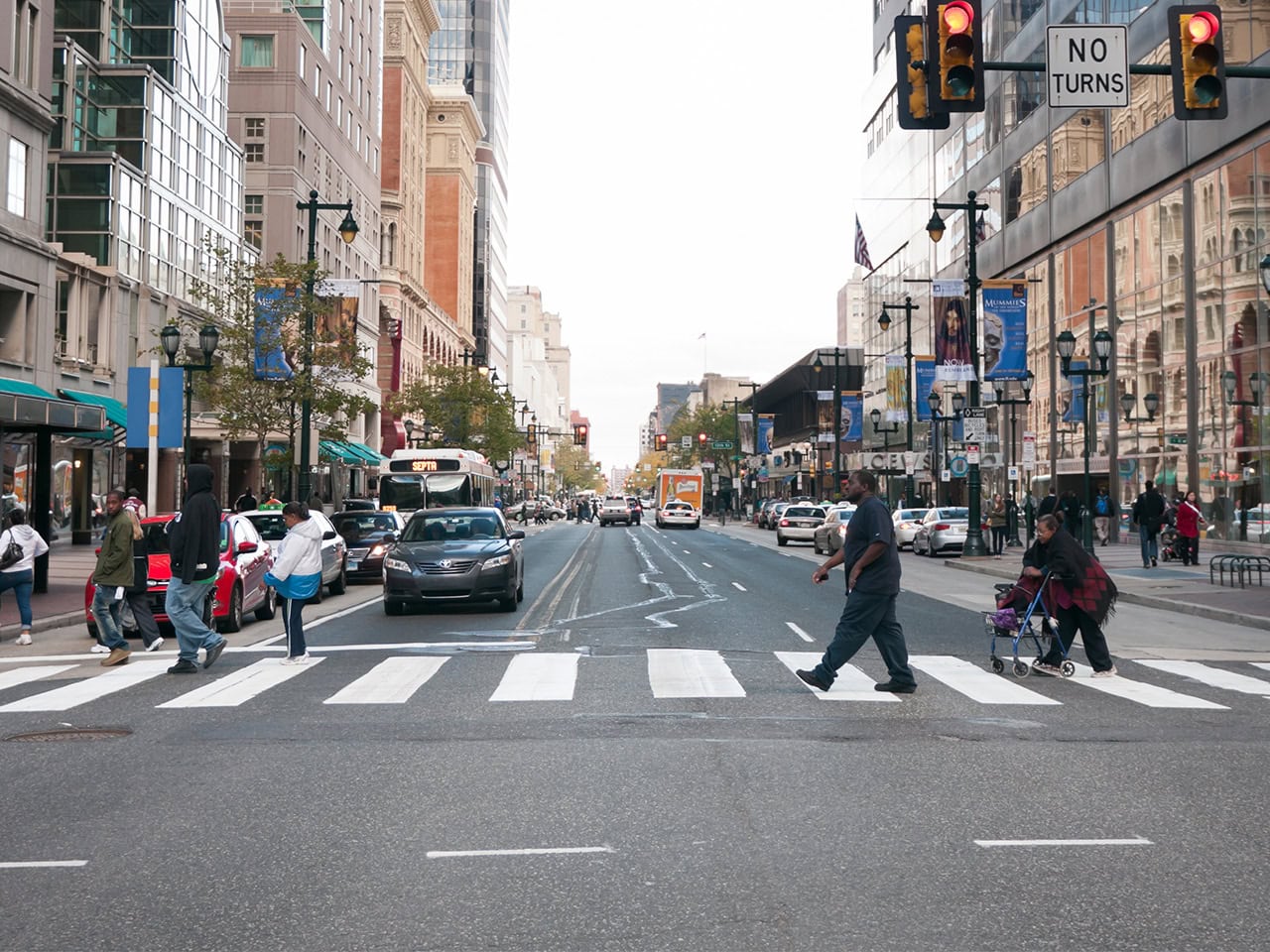Driving under the influence (DUI). Driving under the influence of alcohol or drugs is against the law and a potentially deadly form of negligence. Drugs and alcohol significantly impair an individual’s ability to drive safely. When drivers are intoxicated, they experience slowed reaction times, impaired judgment, and compromised motor skills, potentially subjecting them to catastrophic accidents causing severe injury or death.
Distracted driving. Usually, through using their smartphone, talking on the phone, eating or drinking, or adjusting the radio, a driver is distracted whenever they divert their attention away from the road.
Speeding. Driving too fast and going over the speed limit commonly contribute to serious accidents. Speeding reduces a driver's time to react to unexpected events and increases the impact and severity of collisions and the risk of severe injury or death.
Aggressive driving. Aggressive driving could be tailgating, excessive speeding, and frequent lane changes. Aggressive driving can escalate tensions on the road and threaten the safety of everyone on the road. These individuals drive recklessly and often take unnecessary risks, putting themselves and others at an increased risk of a crash.
Poor vehicle maintenance. Neglecting regular vehicle maintenance, such as annual inspections, can result in mechanical failures that lead to accidents. Defective brakes, worn-out tires, or malfunctioning lights compromise a vehicle's overall safety, increasing the likelihood of collisions.
Disobeying traffic laws. A blatant form of negligence is ignoring or disregarding traffic signals, stop signs, and other rules. Choosing not to abide by these laws endangers the driver and poses a significant risk to others on the road.
Accidents often result from a combination of negligent behaviors. Recognizing and acting accordingly on these common types of negligence is crucial for promoting road safety and reducing motorcycle accidents in the streets of Philadelphia.








